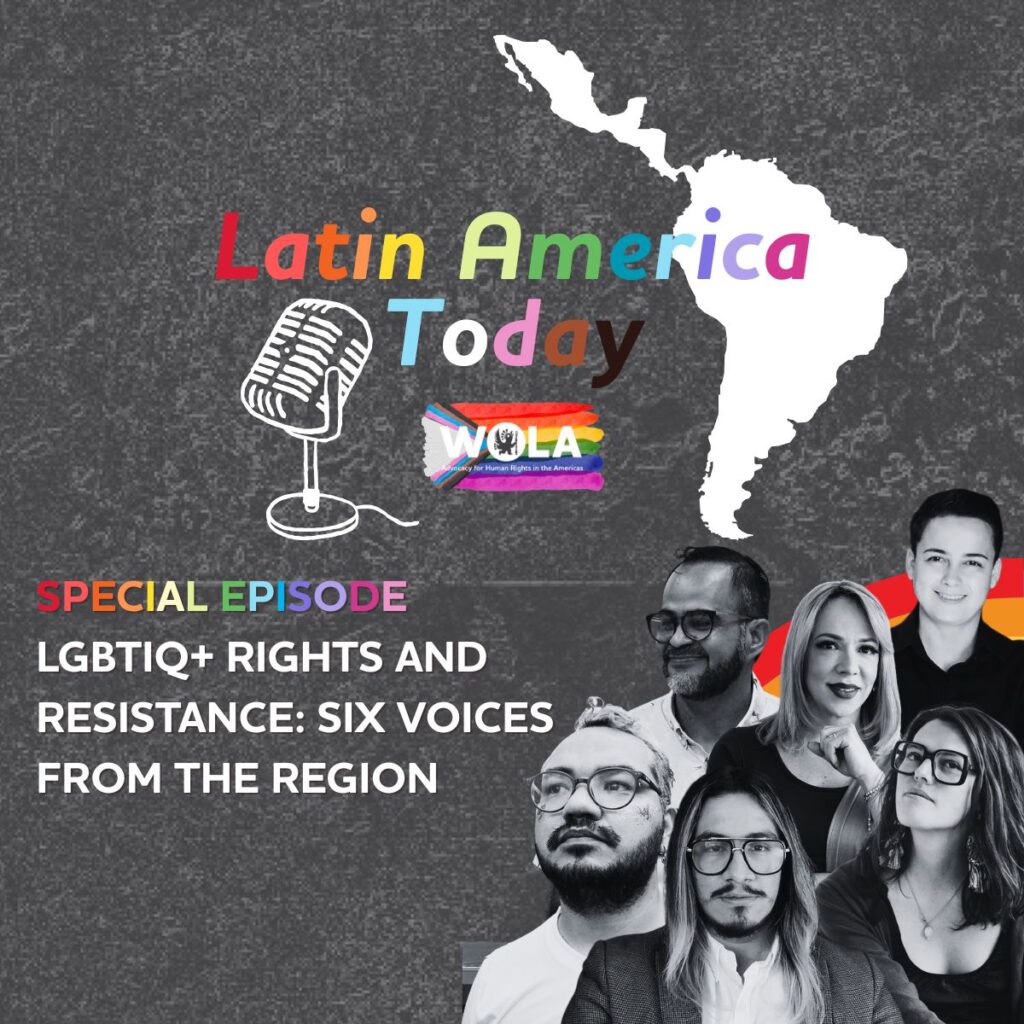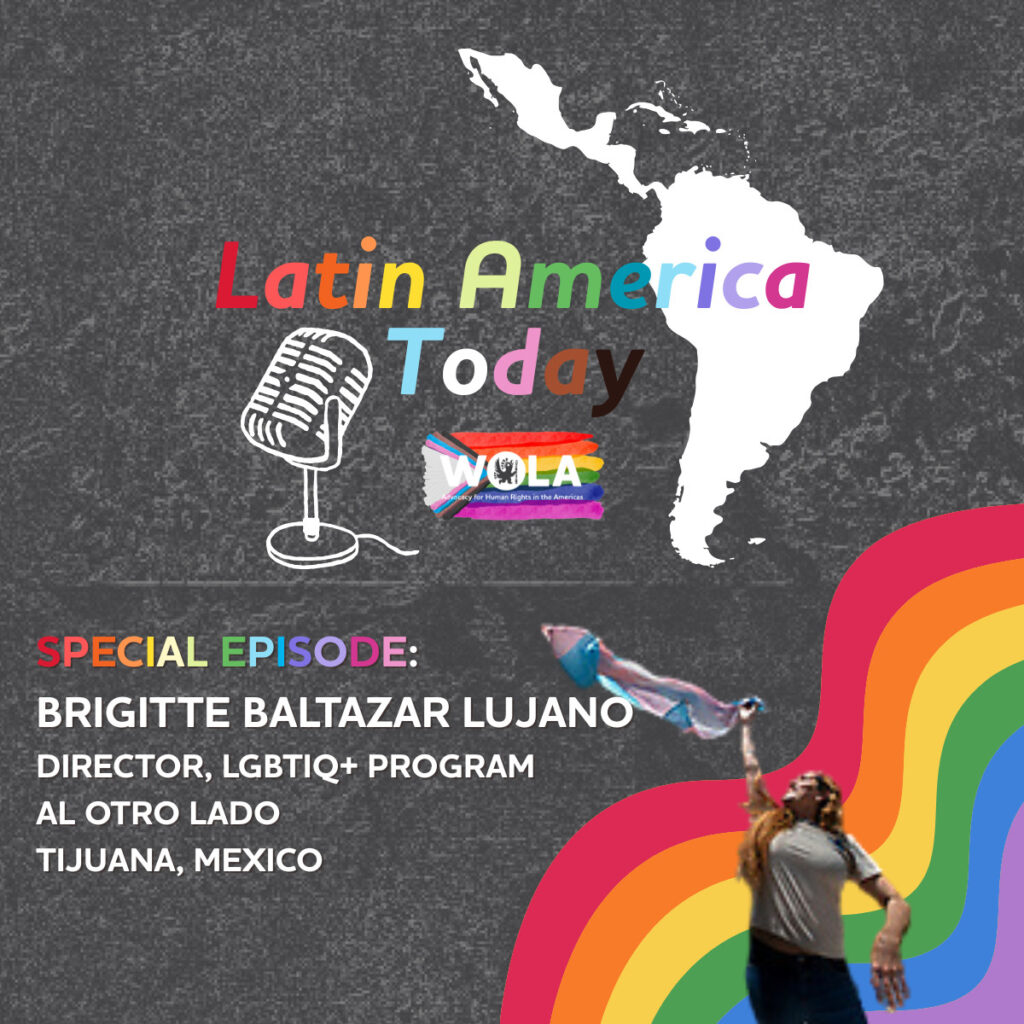Since January, the United States’ migrant detention and deportation system, which was already troubled, has become increasingly opaque. Access to Immigration and Customs Enforcement (ICE) facilities is restricted, internal oversight agencies have been hollowed out, and credible information about conditions inside is scarce. Yet reports that have emerged, some from those who have recently been deported, tell a troubling story echoing the darkest moments of recent U.S. immigration history.
In late July and early August, researchers from WOLA and the Women’s Refugee Commission (WRC) set out to pierce this “black box” by visiting cities in Honduras, Guatemala, and Mexico that are key deportation hubs. There, they interviewed deported migrants, service providers, advocates, experts, and government officials to learn what they are hearing about conditions in U.S. detention.
The findings are disturbing. They point to a resurgence of family separations, cruel treatment, miserable, unhealthy conditions, and deportation processes that violate migrants’ rights and dignity. With transparency mechanisms dismantled, these abuses are happening out of public view.
In this episode, host Adam Isacson talks with two colleagues from WRC with whom he traveled:
- Zain Lakhani, WRC’s director of Migrant Rights and Justice.
- Diana Flórez, a consultant to WRC, an attorney and expert on gender, transitional justice, development, and peacebuilding.
During their travels, Isacson, Lakhani, and Flórez shared photos and initial findings in four “dispatches” published to our organizations’ websites, from Honduras, Guatemala, Tapachula, and Ciudad Juárez.
We heard consistent accounts of:
- Family separations: A larger number than expected of parents deported without U.S. citizen children, often without being given the choice of being removed with them. The crisis is approaching the scale of the “zero tolerance” family separations that shocked the nation in 2018.
- Inhumane conditions: Overcrowded cells, lack of medical care, and verbal and physical abuse by guards.
- Threats to the health of pregnant and lactating women and their children: Insufficient and poor-quality food, difficulty in obtaining medical attention, and even being forced to sleep on floors. (The podcast refers to a July 30 report on abuse in detention, especially of pregnant women and children, by the office of Sen. Jon Ossoff (D-Georgia).)
- Targeting of vulnerable populations: Harassment of LGBTQ+ individuals, especially trans individuals who are now detained with the gender to which they were assigned at birth.
As Lakhani notes, “Historically… we were able to enter detention centers and visit them and speak with migrants,” but “now we’re seeing the deliberate creation of a black box.”
We hope that the WOLA–WRC delegation’s findings will guide future, more intensive on-the-ground research enabling advocates to refer egregious abuses requiring legal action, build a rigorous archive of known cases, and inform public opinion and policymakers.
Download this podcast episode’s .mp3 file here. Listen to WOLA’s Latin America Today podcast on Apple Podcasts, Spotify, iHeartRadio, or wherever you subscribe to podcasts. The main feed is here.



